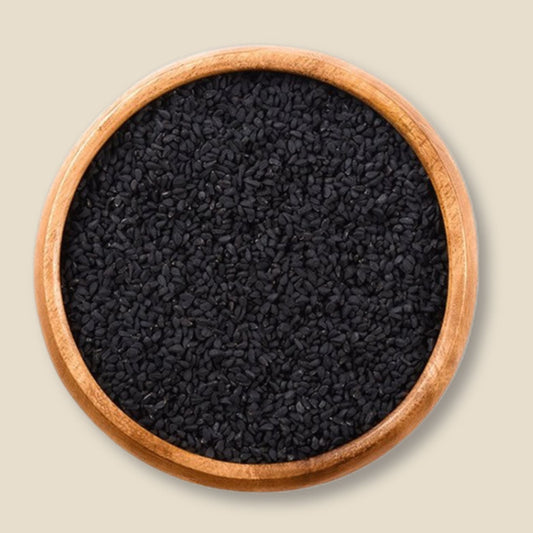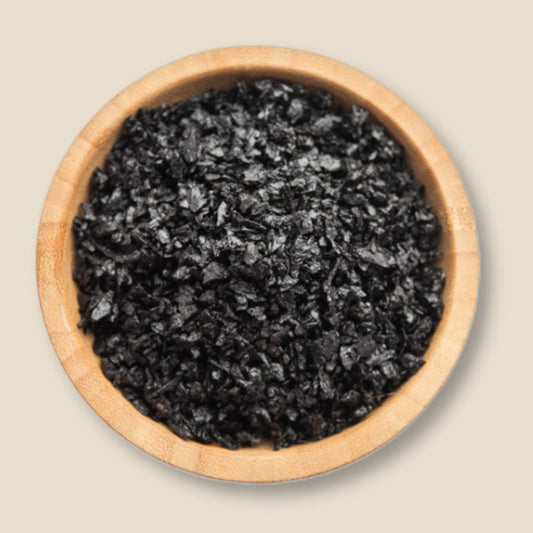
The Shocking Truth About Ultra-Processed Foods...
Abdullaah KhanShare
Let’s face it—life is busy. Between juggling work, family, and trying to squeeze in some “me time,” it’s no wonder we often reach for quick, convenient food options. Those shiny packages on grocery store shelves, filled with ultra-processed foods, seem like a lifesaver when you’re in a rush.
But hold up! Before you toss that colourful cereal box or microwave meal into your cart, let’s talk about what’s really inside these convenient foods—and why they might not be the best choice for your health.
What Exactly Are Ultra-Processed Foods?
You’ve probably heard the term "ultra-processed foods" thrown around a lot lately. So, what are they?
Simply put, these are foods that have been industrially manufactured with multiple ingredients and a long list of additives. Think sugary cereals, fizzy drinks, packaged snacks, and frozen dinners. They’re loaded with things like artificial colours, flavours, preservatives, and sweeteners.
If the ingredient list reads more like a chemistry experiment than a recipe, you’re dealing with an ultra-processed food.
Now, I know what you’re thinking—how bad could a little processed food be, right? Well, let’s dive into why these foods might be doing more harm than you realise.
Why Ultra-Processed Foods Are a Big Deal (and Not in a Good Way)
-
Your Health is Taking a Hit: Studies have shown that regularly consuming ultra-processed foods is linked to a higher risk of chronic diseases like heart disease, diabetes, and even certain cancers. One study published in The BMJ found that people who ate more ultra-processed foods had a higher risk of cardiovascular disease and all-cause mortality. Translation: these foods could be shortening your life.
-
Weight Gain and Obesity: Ever noticed how you can polish off an entire bag of chips without feeling full? That’s not a coincidence. Ultra-processed foods are designed to be hyper-palatable, meaning they’re so tasty, you just can’t stop eating them. Unfortunately, they’re also calorie-dense and low in nutrients, leading to weight gain and obesity over time. It’s like they’re playing a sneaky trick on your brain—making you crave more while giving you less.
-
Messing with Your Mood: Believe it or not, your diet plays a big role in your mental health. Diets high in ultra-processed foods have been linked to higher rates of depression and anxiety. On the flip side, diets rich in whole foods like fruits, vegetables, and whole grains are associated with better mental health. So, the next time you’re feeling down, it might be worth checking if your diet is playing a part.
-
Gut Health? Forget About It: Your gut microbiome—a fancy term for the trillions of bacteria living in your digestive tract—loves fibre-rich, whole foods. But when you feed it ultra-processed junk, things can go south. These foods lack the fibre that your gut bacteria thrive on, and the additives can disrupt your gut balance, leading to issues like bloating, digestive discomfort, and even a weakened immune system. Yikes!
So, What Can You Do?
Okay, now that I’ve scared you a little, let’s talk solutions. The good news is, it’s not too hard to cut down on ultra-processed foods and embrace a more wholesome diet.
-
Cook More at Home: I get it—cooking takes time. But here’s a secret: it doesn’t have to be complicated. Simple, whole foods like grilled chicken, roasted veggies, and a side of quinoa can come together in less than 30 minutes. Plus, you’ll know exactly what’s going into your meals, with no hidden nasties.
-
Be a Label Detective: When you do buy packaged foods, make it a habit to read the ingredient list. If it’s filled with unpronounceable ingredients or has more than five things listed, you might want to put it back on the shelf. Look for products with short, simple ingredient lists—these are usually less processed and healthier choices.
-
Shop the Perimeter: In most grocery stores, the perimeter is where you’ll find the fresh stuff—fruits, vegetables, meats, and dairy. Stick to these areas as much as possible and avoid the middle aisles where the ultra-processed foods tend to lurk.
-
Snack Smart: Ditch the chips and candy bars for whole-food snacks like nuts, fresh fruit, or yogurt. These options will keep you fuller for longer and nourish your body with the nutrients it needs.
-
Plan Ahead: Meal planning can be a game-changer. By planning your meals and snacks ahead of time, you’re less likely to reach for ultra-processed foods in a pinch. Even having a few go-to recipes can help you stay on track during busy weeks.
So what's the gist?
Ultra-processed foods might be convenient, but the risks they pose to your health aren’t worth it. By making more mindful food choices, you can protect your health, boost your energy, and maybe even live a little longer.
So, next time you’re in the grocery store, remember—your body deserves the best, and that means reaching for real, whole foods whenever you can.
References
- The BMJ. "Association Between Consumption of Ultra-Processed Foods and All-Cause Mortality." Retrieved from The BMJ
- Public Health Nutrition. "Ultra-Processed Food Consumption and Risk of Overweight and Obesity." Retrieved from Cambridge University Press
- Psychiatry Research. "Dietary Patterns and Depression: The Role of Processed Foods." Retrieved from Elsevier
- Nature Reviews Gastroenterology & Hepatology. "The Impact of Ultra-Processed Foods on the Gut Microbiota." Retrieved from Nature







